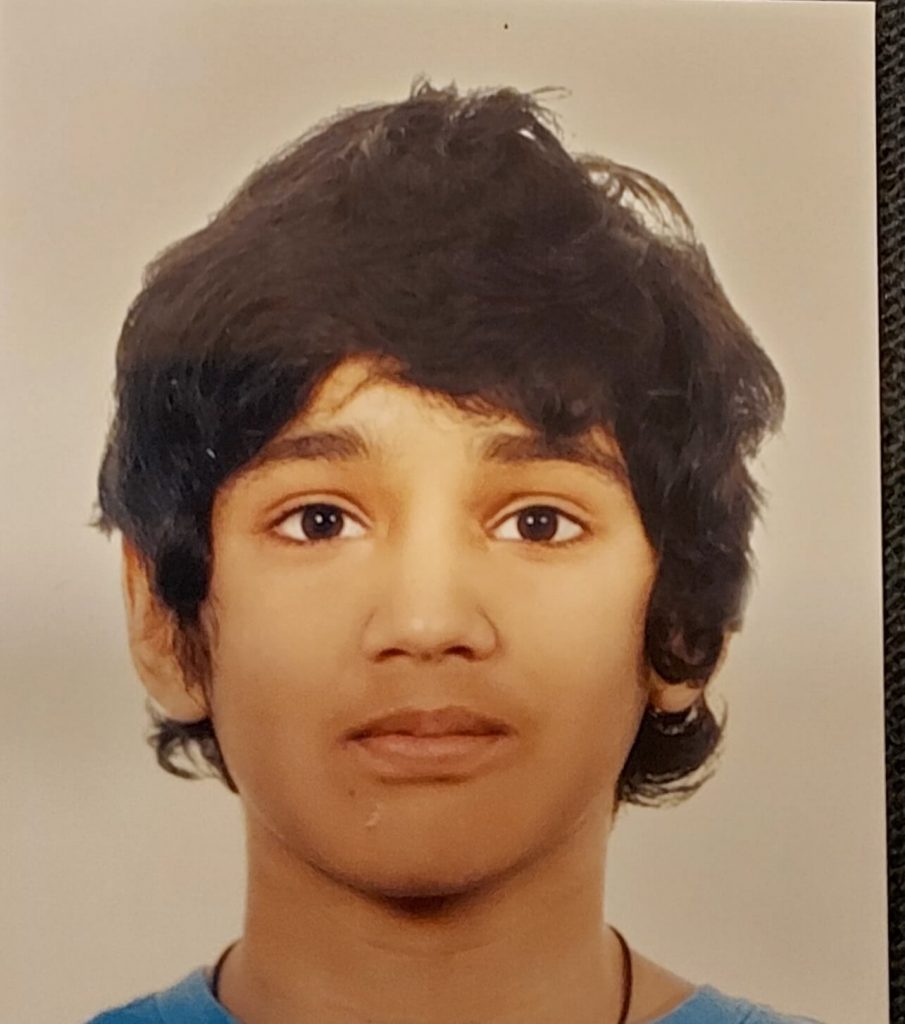Our Schools
ಏಕ್ಯಾ ಶಾಲೆ, ಜೆಪಿ ನಗರ
ಕನ್ನಡ ರಾಜ್ಯೋತ್ಸವ ಆಚರಣೆಯ ವಿವರ
ಕನ್ನಡ ರಾಜ್ಯೋತ್ಸವನ್ನು ನಮ್ಮಶಾಲೆಯಲ್ಲಿ ನವೆಂಬರ್ ೭ರಂದು ಆಚರಸಿಲಾಯಿತು. ಈ ದಿನ
ಮೊದಲಿಗೆ ೧೦ ನೇ ತರಗತಿಯ ಮಕ್ಕಳಿಂದ ಕನ್ನಡ ನುಡಿಯನ್ನು ಹೇಳುವ ಮೂಲಕ ಆರಂಭವಾಗಿ ೭ನೇ ತರಗತಿಯ ವಿದ್ಯಾರ್ಥಿನಿ ಶ್ರಾವ್ಯಳಿಂದ ಕನ್ನಡ ರಾಜ್ಯೋತ್ಸವನ್ನು ಎಲ್ಲಾ ಕನ್ನಡಿಗರು ಏಕೆ ಆಚರಿಸುತ್ತಾರೆ ಎಂದು ಕಿರು ಭಾಷಣದ ಮೂಲಕ ತಿಳಿಸುತ್ತಾಳೆ. ನಂತರ ೮ನೇ ತರಗತಿಯ ವಿದ್ಯಾರ್ಥಿ ಲಿಕಿತ್ ನಿಂದ ಕನ್ನಡ ಸಾಹಿತ್ಯ, ಸಂಸ್ಕೃತಿ, ಕಲೆಯ ಬಗ್ಗೆ ತಿಳಿಸುತ್ತಾನೆ ಮುಖ್ಯವಾಗಿ ಜಾನಪದ ಸಾಹಿತ್ಯದ ಬಗ್ಗೆ ಸಂಕ್ಷಿಪ್ತವಾಗಿ ಹೇಳುತ್ತಾನೆ. ಮತ್ತು ೮ನೇ ತರಗತಿ ವಿದ್ಯಾರ್ಥಿ ಹೃತ್ವಿಕ್ ನಿಂದ ಒಂದು ಜನಪದಗೀತೆ .
ವಿದ್ಯಾರ್ಥಿ ಹೃತ್ವಿಕ್ ನಿಂದ ಒಂದು ಜನಪದಗೀತೆ .  ( ಭಾಗ್ಯದ ಬಳೆಗಾರ ಹೋಗಿ ನನ್ನ ತವರಿಗೆ ) ನಂತರಕನ್ನಡ ನಾಡನ್ನು ರಕ್ಷಿಸಿದ ಹಲವಾರು ನಾಯಕರನ್ನು ನೆನಪಿಸಿಕೊಳ್ಳುತ್ತ ಕಿತ್ತೂರು ರಾಣಿಚೆನ್ನಮ್ಮ ದೇವಿಯ ಒಂದು ನಾಟಕದ ಅಭಿನಯವನ್ನು ಮಾಡುತ್ತಾರೆ. ನಂತರ ನಮ್ಮ ಕನ್ನಡ ನಾಡಿನ ನಾಯಕರು , ಕವಿಗಳು ,ಯೋಧರು ,ದಾನಿಗಳು, ರೈತರು ಮತ್ತು ಸಾಧನೆಗಾರರಿಗೆ ಗೌರವ ಸಮರ್ಪಣೆ ಸಲ್ಲಿಸುವ ಮೂಲಕ ಒಂದು ಹಾಡನ್ನು ಹೇಳುತ್ತಾರೆ.
( ಭಾಗ್ಯದ ಬಳೆಗಾರ ಹೋಗಿ ನನ್ನ ತವರಿಗೆ ) ನಂತರಕನ್ನಡ ನಾಡನ್ನು ರಕ್ಷಿಸಿದ ಹಲವಾರು ನಾಯಕರನ್ನು ನೆನಪಿಸಿಕೊಳ್ಳುತ್ತ ಕಿತ್ತೂರು ರಾಣಿಚೆನ್ನಮ್ಮ ದೇವಿಯ ಒಂದು ನಾಟಕದ ಅಭಿನಯವನ್ನು ಮಾಡುತ್ತಾರೆ. ನಂತರ ನಮ್ಮ ಕನ್ನಡ ನಾಡಿನ ನಾಯಕರು , ಕವಿಗಳು ,ಯೋಧರು ,ದಾನಿಗಳು, ರೈತರು ಮತ್ತು ಸಾಧನೆಗಾರರಿಗೆ ಗೌರವ ಸಮರ್ಪಣೆ ಸಲ್ಲಿಸುವ ಮೂಲಕ ಒಂದು ಹಾಡನ್ನು ಹೇಳುತ್ತಾರೆ.
By Ms. Bhagya
Senior Kannada Teacher
Ekya School JP Nagar









Leave a reply